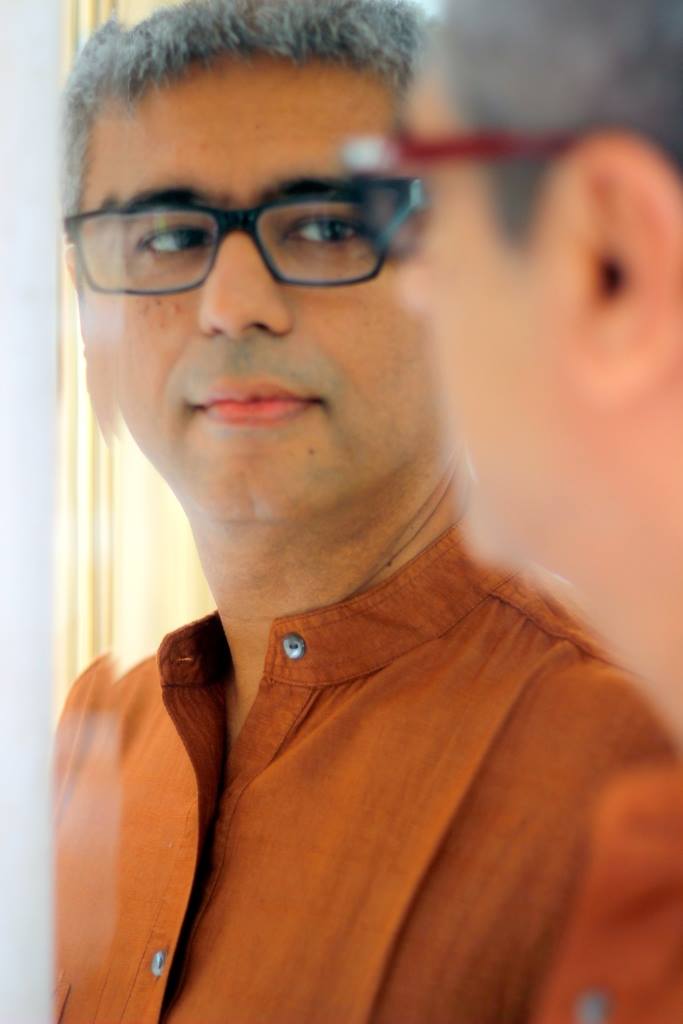The venue is very close to where Dattani once lived and he is feeling nostalgic. Over 10 years ago, interviewing Mahesh Dattani in his Jaisim designed den in JP Nagar was a leisurely experience and he remembers it well. He took you around his leafy amphitheatre, gave you tea and settled next to his classic Apple iMac to chat. He asks, “Wasn’t it different? Now we have to keep time aside even for a telephonic chat.” Ask him if he misses Bengaluru in Mumbai, a city he has been living in for almost a decade now and he says, “I have been more productive in Mumbai but whether I have been more creative, remains a big question mark. In Bengaluru, there was more mindspace and I took it for granted and I don’t know if I would have been the same writer if I had grown up in Mumbai. But now even Bengaluru has changed. Like Mumbai, it is caught up in so many distractions and the person to person connections are diminishing. The nature of socialising and communication has changed. Yes, we have to embrace change but I feel privileged that I knew a different pace of life once.”
The play Free Outgoing, he says is reflective of the changes in our social structures. “The play is based on how technology has made visible what was once hidden. And in our society, anything unseen is fine but once it is out there, it becomes a morality debate, it becomes unacceptable. The play is about what happens when the social masks we wear are taken off, ” says Dattani and adds that he enjoys directing the works of other playwrights.
In these 30 years, he has also seen the world grow a lot less tolerant of creative perspectives. Case in point being the recent attack on the Charlie Hebdo office. He agrees,” This is happening all over the world. I have however never felt the need to censor my work or voice except once when I wanted to stage a play called Sara in Mumbai. It was about a Pakistani poetess Sara Shagufta. The play was very critical of the patriarchal society in Paklstan which kept her out of mushairas (poetic gatherings), ostracised her, called her all sorts of names. It was for me a play about a woman standing up to regimentation.” The Shiv Sena however noticed the word, ‘Pakistan’ and had strong objections to the play. “Threatening calls were made to me. I was asked, why I wanted to direct a Pakistani play and I said it was a play ‘about’ Pakistan. They had ofcourse not read the play. There was a face-off and I said that I was not answerable to anyone about what I chose to stage. However when calls were made to theatres with the warning that if the play was staged, the Shiv Sena would not be held responsible for the `consequences,’ the issue became bigger than just me answering them back. Ultimately, I could stage just two shows.”
The experience however did not deter him from thinking and writing aloud. He says, “People think that the artistes are small in number and their voices and their freedoms do not count but in every society, it is the artistic freedom that is taken away and targetted first and then the common man loses his civil liberties.We are living today in a tenuous environment and everyone needs to defend free creative spaces.”







 with
with